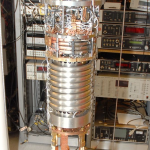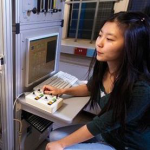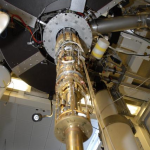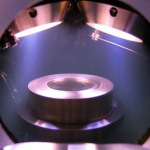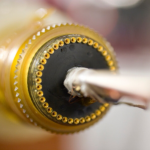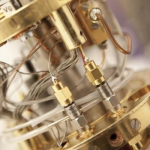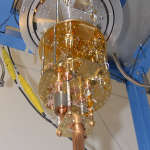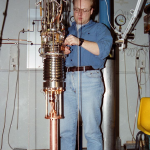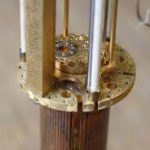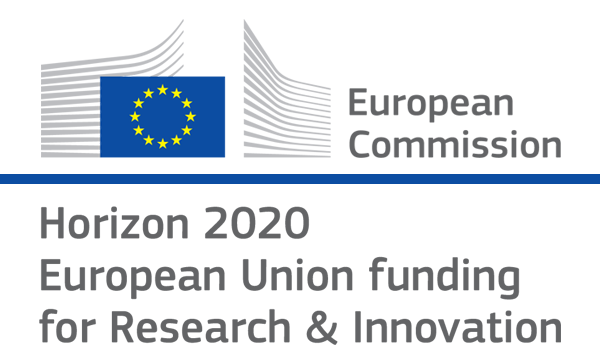

- Photon Transport in a Bose-Hubbard Chain of Superconducting Artificial Atoms
G. P. Fedorov et al., Phys. Rev. Lett. 126, 180503 (2021) - Path-Dependent Supercooling of the
He3 Superfluid A-B Transition
Dmytro Lotnyk et al., Phys. Rev. Lett. 126, 215301 (2021) - Superconductivity in an extreme strange metal
D. H. Nguyen et al., Nat Commun 12, 4341 (2021) - High-Q Silicon Nitride Drum Resonators Strongly Coupled to Gates
Xin Zhou et al., Nano Lett. 21, 5738-5744 (2021) - Measurement of the 229Th isomer energy with a magnetic micro-calorimeter
T. Sikorsky et al., Phys. Rev. Lett. 125 (2020) 142503
Energy and angular momentum balance in wall-bounded quantum turbulence at very low temperatures
J.J. Hosio, V.B. Eltsov, P.J. Heikkinen, R. Hänninen, M. Krusius, V.S. LA superfluid in the absence of a viscous normal component should be the best realization of an ideal inviscid Euler fluid. As expressed by d’Alembert’s famous paradox, an ideal fluid does not drag on bodies past which it flows, or in other words it does not exchange momentum with them. In addition, the flow of an ideal fluid does not dissipate kinetic energy. Here we study experimentally whether these properties apply to the flow of superfluid 3He-B in a rotating cylinder at low temperatures. It is found that ideal behaviour is broken by quantum turbulence, which leads to substantial energy dissipation, as was also observed earlier. Remarkably, the angular momentum exchange between the superfluid and its container approaches nearly ideal behaviour, as the drag almost disappears in the zero-temperature limit. Here the mismatch between energy and angular momentum transfer results in a new physical situation, with severe implications on the flow dynamics.
Nature Commun. 4, 1614 (2013)
doi: 10.1038/ncomms2618
